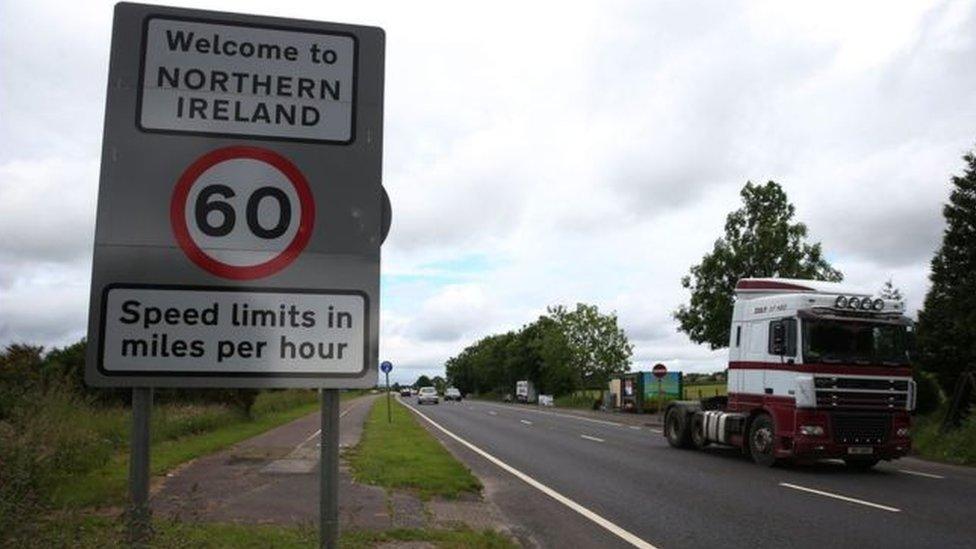Border friction as UK/Irish joint approach unravels?
- Published
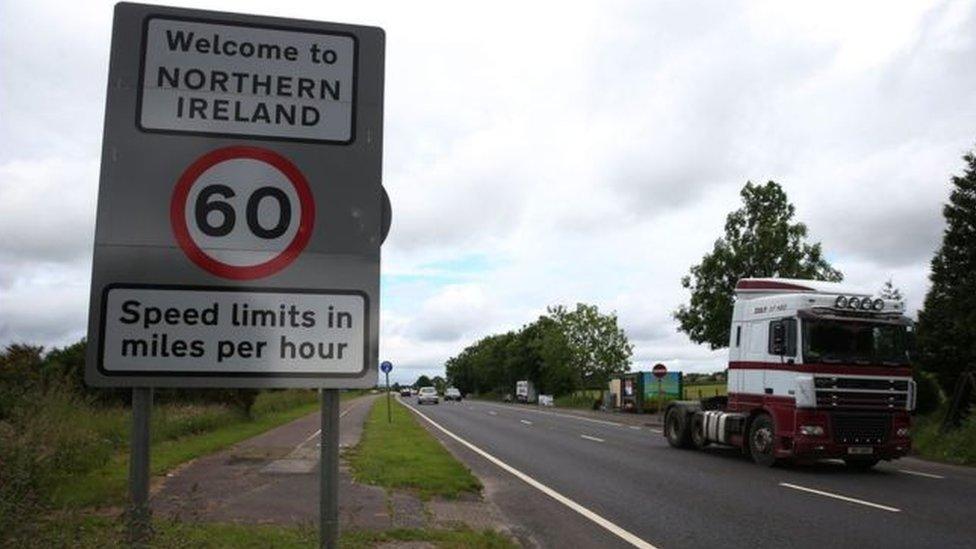
The operation of the Irish border is one of the most sensitive Brexit issues
For months, it's been the joint mantra from both Dublin and London - that after Brexit, the border between Northern Ireland and the Republic of Ireland should be as "seamless and frictionless as possible".
That phrase hinted both at an ideal flexible arrangement in the future and an ideal shared approach from both the UK and Irish governments, together stressing to the EU the paramount importance of doing nothing that might constitute any kind of risk to the political progress made over recent decades.
But is that seamless approach unravelling and could Brexit become a source of greater friction between the two governments?
Both the Brexit Secretary David Davis and DUP leader Arlene Foster have been fond of talking about technology as the answer to Ireland's post-Brexit problems.
Yes, they acknowledge, putting old-style customs checkpoints right on the border would be unacceptable for both political and security reasons.
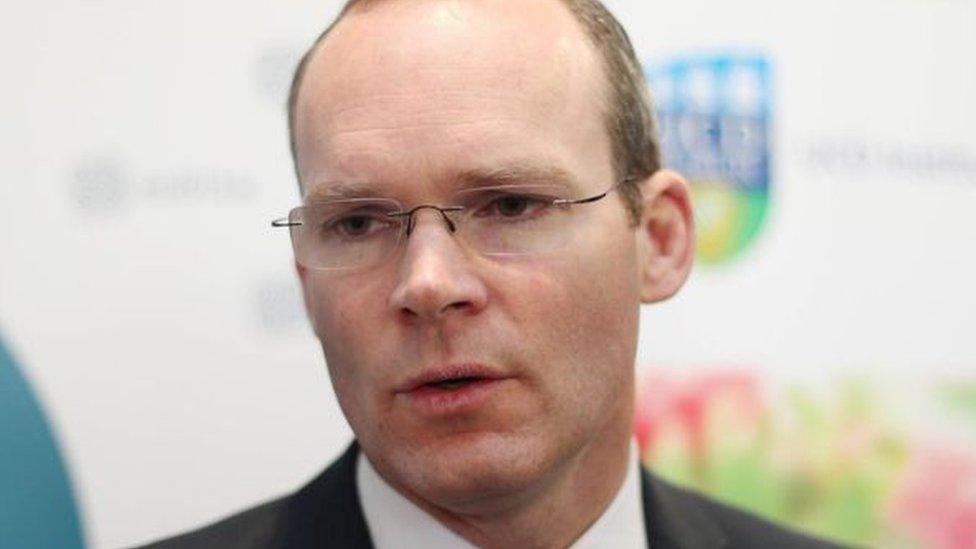
Irish minister for foreign affairs Simon Coveney was speaking in Brussels
However, they then go on to suggest that provided businesses co-operate with computerised trusted trader schemes, and cameras with number plate recognition capability are installed some distance away from the frontier, all will be well.
By contrast, the Irish Foreign Minister Simon Coveney has now warned that technology isn't the answer.
Instead, he argues there is a need for a wider political agreement. What does that mean?
On the BBC's Good Morning Ulster programme, Fine Gael Senator Neale Richmond hinted that the Irish favour moving customs controls to seaports and airports, rather than anywhere near the land border.
This might sound geographically sensible, but the political implications should not be underestimated.
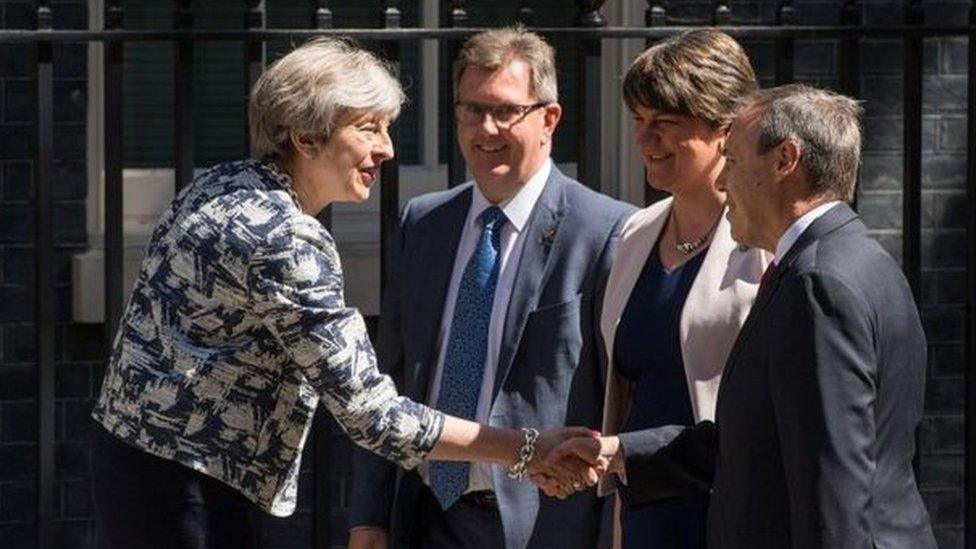
The concerns of Arlene Foster and the DUP will be taken seriously by Theresa May as long as the DUP-Conservative pact exists
Arlene Foster has previously said that putting a border down the middle of the Irish Sea, creating a divide between Northern Ireland and Great Britain, is something her party will not tolerate.
So long as the DUP-Conservative parliamentary arrangement survives, that is a concern David Davis and Theresa May will have to take very seriously.
But, if the DUP has the ear of the British government, then similarly as a loyal EU member state, Dublin has the ear of Michel Barnier's negotiating team.
Since becoming foreign minister, Simon Coveney has not been shy about making his differences with the UK clear.
He voiced his concern for Northern Ireland having special EU status, which contrasted with the position of his predecessor Charlie Flanagan.
Some surmised this might only have been a slip of the tongue.
However Mr Coveney's decision to let it be known he favoured a bespoke Irish Language Act (Sinn Féin, the SDLP and Alliance's preference) over a hybrid bill (the DUP's suggestion) was a clear move to distance Dublin from the Northern Ireland Office's studied neutrality on the issue.
If the border after Brexit becomes a more open source of arm wrestling between the two governments, that could have consequences - not just for the continuing UK/EU negotiations, but also for the Stormont talks when they resume in earnest in the autumn.
- Published17 July 2017
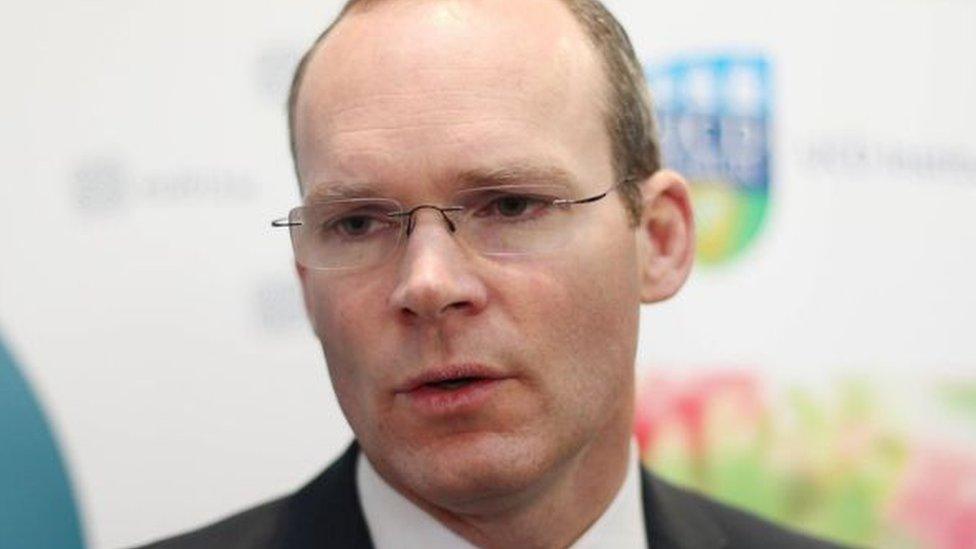
- Published17 July 2017
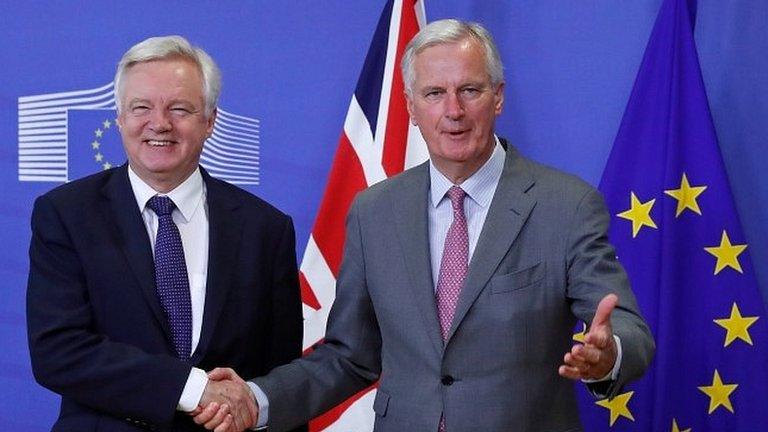
- Published24 June 2017
